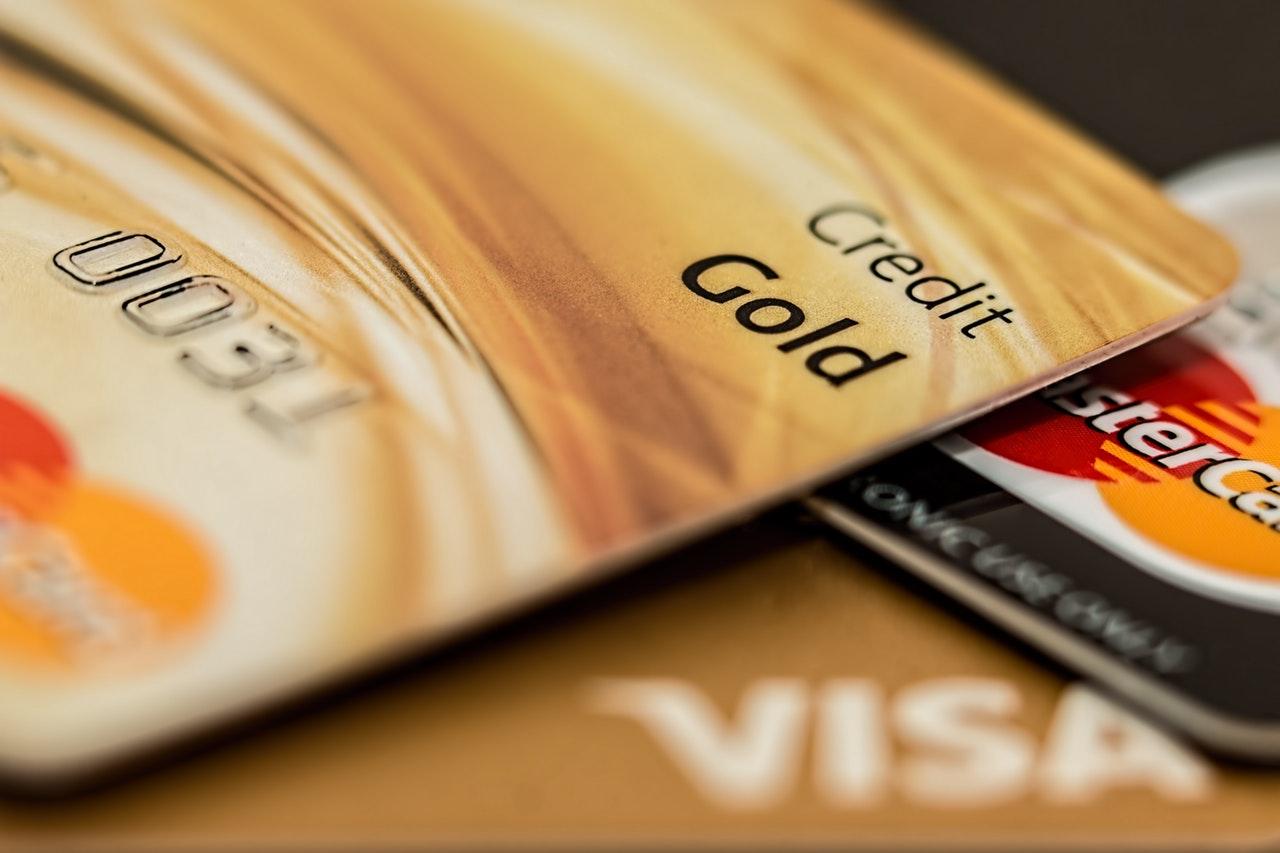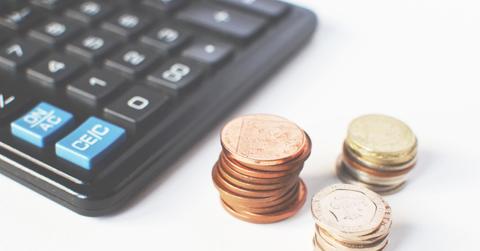Your Entry-Level Salary Is Enough To Start Paying Down Debt
Now that you’re out of school and ready to start making your own way in the world, it’s time to learn the ins and outs of managing your own money. And if you took out student loans in college, chances are you’re bringing over $29,000 of student debt along for the ride.
Getting a handle on your debt can be a challenge when you’re at the starting line of your career. Entry-level salaries vary greatly depending on where you live, according to ZipRecruiter. While you may be able to rake in over $38,000 in San Francisco, most newbies in North Carolina earn just $25,100. It’s all relative when you account for cost of living, but the point is this: It’s all about stretching your income and taking control of your debt.
How To Pay Down Debt On Your Entry-Level Salary
The first step in taking control of your debt is creating a game plan that works for you. Consider these strategies if you’re working with a limited salary.
Prioritize Your Payments
Not all debt is the same. When it comes to getting a handle on your accounts, the idea is to put out the biggest fire first. This means prioritizing whichever balance has the highest interest rate. Why? At the end of the day, it’s the account that’s charging you the most money to carry that debt.
Let’s say you have two identical credit cards with a balance of $3,000 and a minimum monthly payment of $150. Let’s assume one is charging you 20% interest, while the other is charging you 12%. If you continue paying only the minimum, you’ll ultimately shell out over $300 more paying off the card that has the higher interest rate.
Your highest-interest accounts deserve to be first in line; a debt-payoff strategy known as the avalanche method. While you’ll save the most money this way, some folks prefer the snowball method. This strategy prioritizes your lowest balance first. The benefit here is that you’ll see your accounts getting to zero faster, which provides a nice motivational boost to continue pushing on.
No matter which approach you choose, be sure to continue making your minimum payments across all your other open accounts to maintain strong credit.
Pick Up A Side Gig
Fifty-seven million Americans did some amount of freelance work last year, according to a 2019 report from the Freelancers Union and Upwork. That’s a $4 million jump since 2014. What that tells us is that more and more workers are bringing in money outside of their traditional 9-to-5s.
Look beyond your day job and zero in on your natural skill set. Is it possible to do some part-time consulting work within your industry? Or monetize an existing hobby? Don’t be afraid to think outside the box. Putting in hours as a rideshare driver or food delivery person, for example, is pretty hands-off work that could create a steady stream of extra cash that you can throw at your debt.
Side hustles like tutoring, petsitting, babysitting or bartending can also be flexible and lucrative. The main takeaway is that rolling up your sleeves and picking up additional work can help accelerate your get-out-of-debt plan.
Cut Your Expenses

When working with a smaller salary, every dollar spent is one less dollar you can put toward your debt. In addition to upping your income via side hustles, think about decreasing your expenses. Go through your bank statements and review your spending habits to get a clear snapshot of where your paychecks go.
Seeing the numbers will likely reveal spending patterns you weren’t aware of. Consider axing expenses you could easily live without, like old subscription services you don’t really use. You can also think about negotiating down your bills, from your internet and cable to your credit card interest rates.
Prefer to go big? Renting out a spare room, moving back in with mom and dad or swapping your car for public transit are big moves — but they’ll also unlock more cash to funnel toward your debt.
Consider Consolidating Your Debt.
Debt consolidation is exactly what it sounds like — taking all your existing debt and transferring it onto a new account so that everything’s all in one place. That means having a fresh balance with one minimum payment each month. For many, a personal loan is the way to consolidate debt while also scoring a lower interest rate.
If approved for a personal loan, you’ll receive one lump sum that you can then use to pay off your other balances. It’s an installment loan, meaning that it’s structured differently than a credit card in that you can’t run up new charges. Many personal loans tack on an origination fee, usually between 0% and 8%, but the math may still be in your favor if you’re currently dealing with high-interest accounts that are eating up your take-home pay.
Another perk is that the borrowing limits are generally pretty high. With most personal loans, qualified borrowers are eligible for $1,000 to $35,000; usually with a payoff timeline between 24 and 144 months. The goal with this strategy is to eliminate your credit card balances and avoid racking up new debt while paying off the personal loan. To qualify for a loan with a reasonable interest rate, you’ll most likely need a credit score of at least 640.
Leverage Balance Transfer Cards

Personal loans aren’t the only way to consolidate debt. Say hello to balance transfer cards. When used the right way, they can help you pay down debt faster while keeping more cash in your pocket.
Here’s how they work. Balance transfers are credit cards that offer a promotional period where the interest is super low — sometimes even 0%. Once you’re approved, you can transfer high-interest balances over to the new card, usually for a fee of between 0% and 3%. Then you’ll enjoy a period of low (or no) interest while you hit that balance hard.
This time period varies but generally lasts anywhere from three to 36 months. No matter what, the goal is to pay it off completely within that promotional period, at which point interest will kick in.
Some Parting Words
Having an entry-level salary and getting debt-free don’t have to be two opposing realities. Reworking your budget and strategizing your debt repayment plan can go a long way in knocking down your balances at a reasonable rate. The good news is that as you move through your career, your income will likely go up right along with it.
This article was written by Marianne Hayes and originally appeared on Magnify Money.






